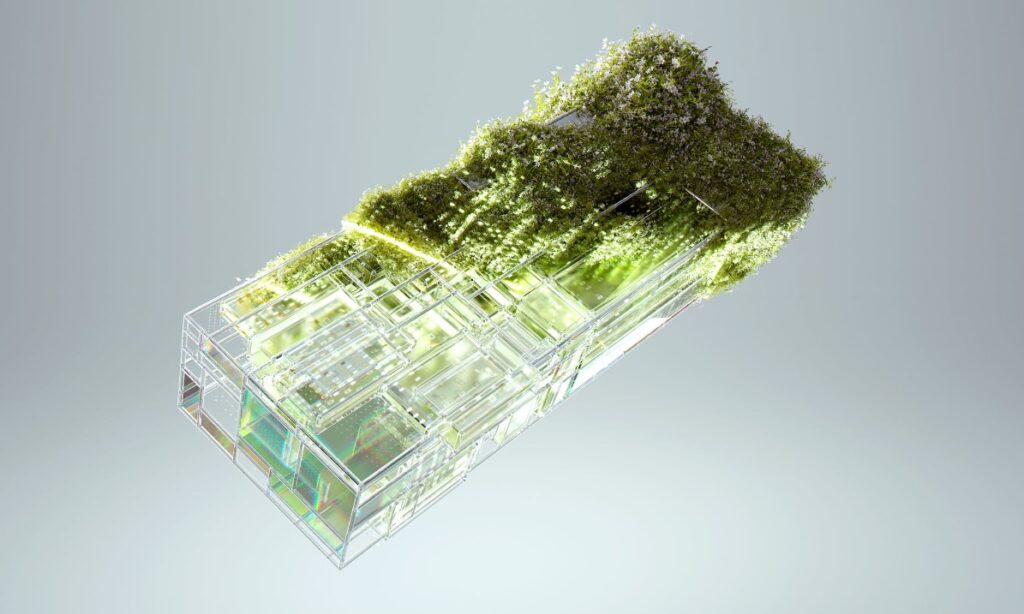Many struggle to find the appropriate internal environment in severe or variable climates. Feeling comfortable and staying healthy indoors is all about having the right temperature, humidity, and clean air. Maintaining our places is important since we’re mainly indoors—at home, work, or out. Good HVAC systems are crucial to a comfortable and safe atmosphere. Remember, these systems need frequent check-ups to stay healthy and work efficiently.
Innovations in air conditioning
The air conditioner is vital in the fight for indoor climate management. Air-conditioners keep places cool and cosy throughout the warmer months. Modern air conditioners, like those offered by reputable air-conditioning Surrey companies are technological marvels, offering cooling, heating, humidity control, and air filtration. These systems have evolved from bulky early versions into sleek, energy-efficient units that fit seamlessly into any decor.

The role of smart technology
An important advancement has been made by incorporating smart technology into interior temperature systems. Accurate temperature control and monitoring of interior spaces are made possible by automated systems and smart thermostats. With their unparalleled comfort and efficiency, these systems can even be controlled remotely, and they can learn from our behaviour and adapt to our schedules. This is particularly helpful in areas where temperatures fluctuate, as it can be difficult to maintain a constant indoor atmosphere. Moreover, these smart systems can save energy by optimising heating and cooling based on real-time usage and external weather conditions. They also enhance the overall quality of life by ensuring a consistently comfortable indoor environment without manual adjustments.
Health and indoor air quality
Indoor air quality is equally as important as temperature to create the perfect home environment. Numerous health concerns, such as allergies, asthma, and other respiratory disorders, can be brought on by poor air quality. Significant improvements in interior air quality are now achievable because of advancements in ventilation and air filtration technologies. The air we breathe indoors is kept clean and healthy by these systems, which operate to eliminate pollutants, allergies, and even infections.
Energy efficiency and sustainability
The management of indoor climates now heavily weighs energy efficiency due to the growing concern over climate change and environmental sustainability. Modern HVAC systems consume minimal energy while delivering maximum output. These devices use renewable energy sources like solar power to reduce their environmental impact further.

Customising climate solutions
Regarding temperature control, each building and location has specific needs. Solutions must be tailored to these needs to be effective and efficient. This might be putting in place zoning systems, which enable different regions to be heated or cooled separately, or mixing several system types, like employing underfloor heating and central air conditioning.
Conclusion
More innovative indoor temperature management innovations are expected in the future. AI and machine learning may make systems more user-friendly and human-centred. Further advances in materials science could lead to more energy-efficient building materials and insulation, improving temperature management. The quest to master interior climates continues to be an essential and dynamic adventure as we gain a deeper understanding of the impact of the indoor environment on our general well-being.





























































